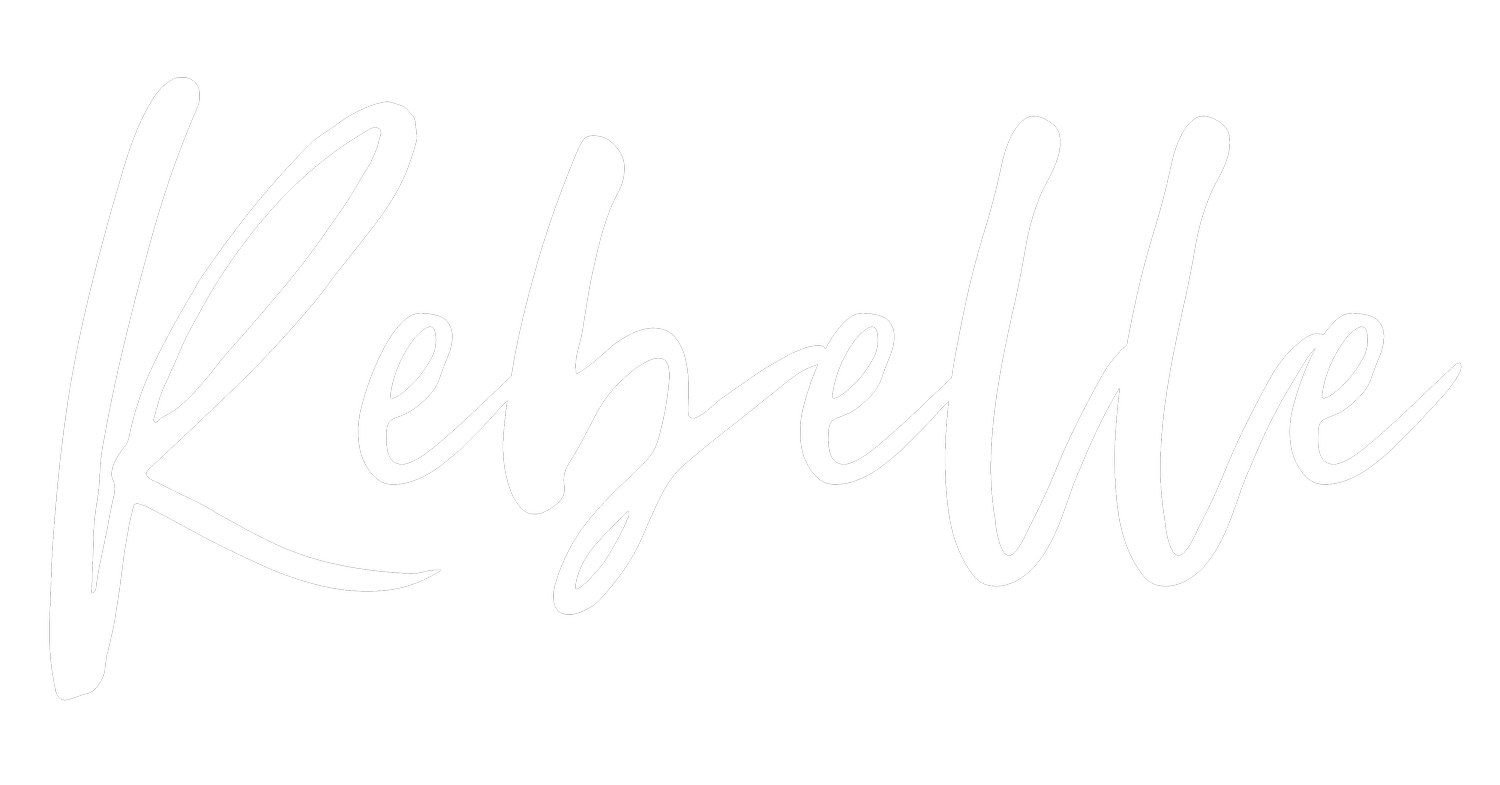A Perfect 10 Is Not Perfect
Striving for excellence is admirable, but you need room to grow.
By Natalie Miller Moore
Here is my one evolving professional (and life) philosophy, I call it “Strive for Nine.” As a recovering perfectionist workaholic, I find that striving for excellence is admirable, but you need room to grow. You need to leave space for creativity, imperfection and innovation, too. Always trying to get a 10 (cue the scorecard from the Olympic judges here) results in some surprisingly negative results in the long term.
When I was striving for 10, I was so hard on myself, almost paralyzed with whether all the fine-tuning would get it just right. I have a Type A, oldest child, ENTJ personality that constantly looks at everything with a critical eye (is there some historic trauma coping skills in that? Yes, surely.)
There are ways to do things better, and I truly appreciate sublime execution in art, events and creative works. But too often I’ve prostrated myself and my health to the work gods in pursuit of excellence, without proper resources. That means that my effort has carried many projects and I have suffered as a result – both from the extraordinary effort as well as the disappointment that despite expending all of my energy, it’s still not good enough.
This not only inhibited my overall creativity, it also meant I struggled to finish or find any satisfaction in a job well done. Any artist knows that you need to know when to stop fiddling with it and just put it out there in the world. You can create more, you can create again, you can iterate until it's sublime.
This doesn't mean, of course, strive for 3 -- don't allow shoddy work or set the bar too low. But expectations shape our sense of internal criticism, how we work with our teammates and there will always be tradeoffs in time, money and quality to balance. Nothing is as disappointment-creating as holding yourself to a standard of unachievable perfection.
I was in spinning class recently and realized another component of this. The Stages classes have intervals of pushing yourself into the high range of red, maroon and purple, but these are interspersed with yellow and orange for medium effort and blue and green for light effort. I was STRUGGLING with the resistance of my ride, in maroon. And then I realized, everyone else was on orange. I was exhausting myself needlessly by doing too much.
And just like my work, there’s actually an art to the aspect of controlled effort. I’ve realized with time and experience that unfettered effort doesn’t always get the best results – smart effort does. Work the plan, take critique and execute to the best of your ability. But don’t push at the highest level all the time. Being able to know the right amount of effort to apply when it takes time and experience to master, and it definitely can be a “sharpen the saw” kind of philosophy.
Toxic productivity is giving us nothing but burnout and unrealistic expectations. I think that women are more prone to it than men, with an abundance of cultural messages about doing it all, and earning your place in the work world (which is rarely designed for women.) So if we aren’t rewarded or applauded or feel the internal satisfaction, we strive harder.
Rather than pushing hard, to the maximum 10 level, try to do your best, but rest and stop and revisit what you are trying to accomplish. One of my favorite life hacks is from a college professor who shared this 90/10 rule. (Stay with me….It’s not the more popular one.)
“Imagine the perfect scenario for your project. You have everything you need, an unlimited budget, the right staff, plenty of time to plan. Can you see it? Okay, now focus on the most important parts, and do 10 percent of it. You’ll get close to 90 percent of the results.”
I like this because in practice, there are things that are small details and there are things that are critical success factors. Imagining perfection is fine. Being crushed when you busted your ass and things aren’t the absolute, ultimate perfection is not. Nothing is perfect, and imperfection is part of life and humanity. Continually reaching for a perfect 10 is unforgiving, while 9 is exceptional and alive. Go do great, imperfect things!
What this can look like:
Taking a break, getting away from the computer and going to read a book. You might get inspired.
Go for a walk to let a problem settle before you respond to your client or co-worker. Turn it around until you find the real source of the issue.
Get up slowly and see if an idea you overlooked surfaces while you are still in bed. Sometimes you’ll remember a resource you forgot existed… until you paused.
Take a vacation and don’t respond to any messages that aren’t about what you are doing on vacation. (Like, what are we having for lunch? Or, what time for sunset drinks?)
Plan a project and then set it aside for a while. Come back to it, marvel at your previous genius and then see what the next steps should be.



